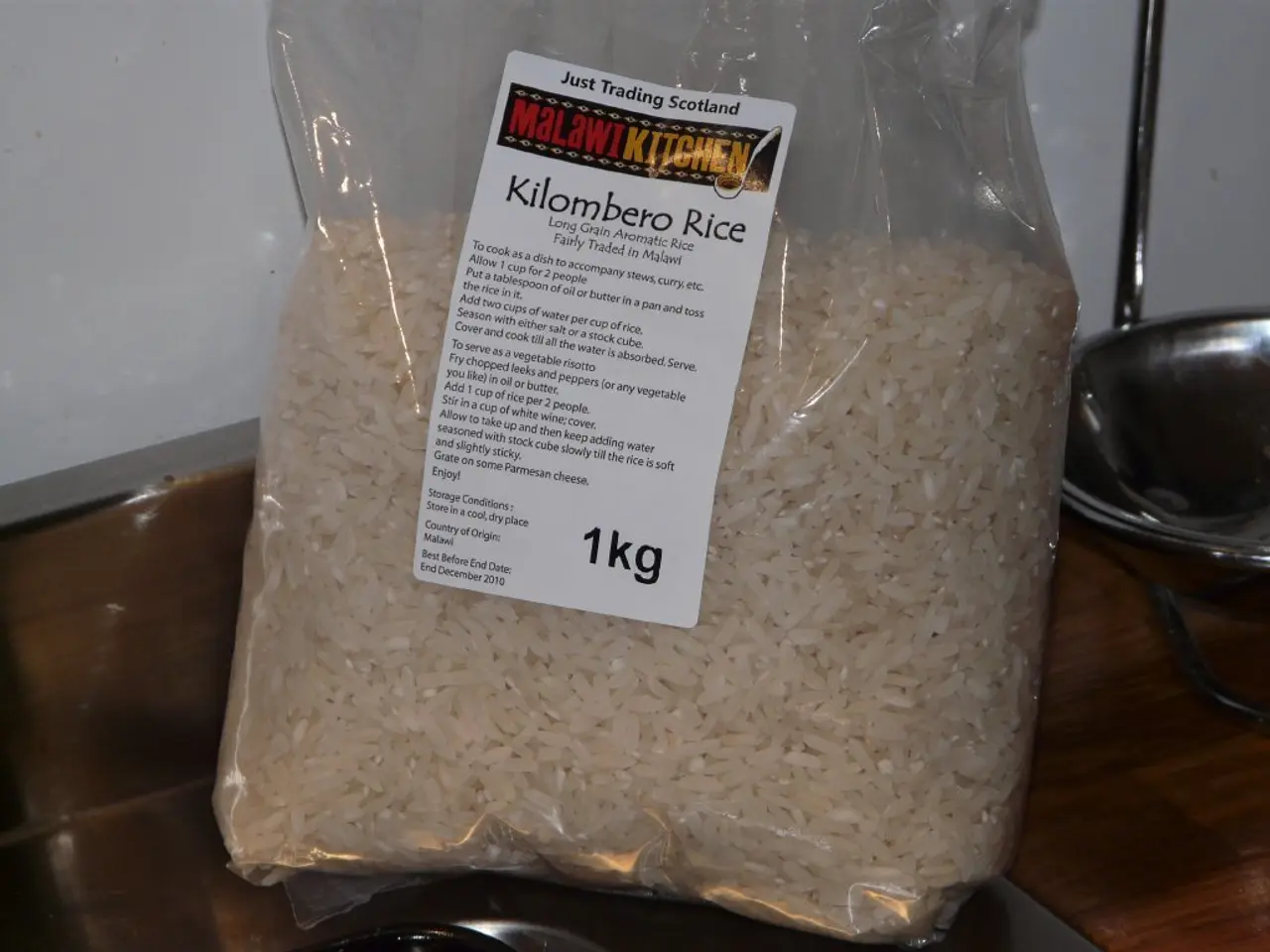Ethnic Farmers in Đồng Nai Maintain Consistent Incomes Through Diverse Agricultural Practices
In the lush, verdant landscapes of Đong Nai Province, a transformation is taking place. The Agricultural Services Centre in Zone 15 is spearheading a movement towards organic and clean farming, promoting long-term gains for the local farming community, particularly among ethnic minority groups.
One such farmer is Dieu Thi Anh Duong, a member of the S'tieŋ ethnic group living in Thien Hung Commune. She has developed a mixed model of rubber, rice, and durian cultivation, blending traditional wisdom with modern techniques. This innovative approach not only increases incomes but also hedges risks caused by market fluctuations, leading to improved living standards for farmers like Anh Duong.
Another success story comes from Noong Van Binh, an ethnic Nuong farmer in Taan Tien Commune. Binh cultivates rubber, 800 pepper trellises in harvest and 600 newly planted pepper trellises on a three-hectare farm. His mixed farming model forms a closed ecosystem, using live trees as trellises for pepper, goat manure to fertilize the pepper, rubber, and mulberry. This method reduces costs and boosts productivity, allowing Binh to earn hundreds of millions of đông annually.
Binh's farm is not just limited to crops. He also uses silkworm rearing as part of his mixed farming model and earned about VNĐ27 million (US$1,000) from the silk within 17 days from two boxes of silkworms. Furthermore, Binh has been raising livestock on his farm since 2020, including goats, and sells more than 10 tonnes of goat meat per year, earning a profit of VNĐ700,000 ($26) per goat.
The Agricultural Services Centre has played a crucial role in this agricultural revolution. They have introduced several support policies, including farming technique courses for ethnic households and demonstration models prioritized for ethnic communities. The Centre also manages six reservoirs and dams with irrigation canals, supplying water to over 3,500 hectares of farmland.
Moreover, the Centre has held specialized training courses to help ethnic farmers access modern technology. This digital shift is gradually being embraced by the farming community, with ethnic farmers recognizing the benefits of applying technology to boost crop and livestock productivity.
This shift towards sustainable, mixed farming is not limited to a few households. Many households in border areas, including ethnic, have taken up this practice and combine high-value crops such as rubber, pepper, and rice with animal husbandry. This approach not only secures sustainable incomes but also reduces risks from unstable agricultural prices.
In conclusion, the Agricultural Services Centre in Zone 15 is leading a significant change in the farming landscape of Đong Nai Province. By promoting organic and clean farming, providing support and training, and encouraging the adoption of modern techniques, they are empowering ethnic farmers to secure sustainable incomes and improve their living standards. This transformation is not just about agriculture; it's about creating a better future for these communities.




